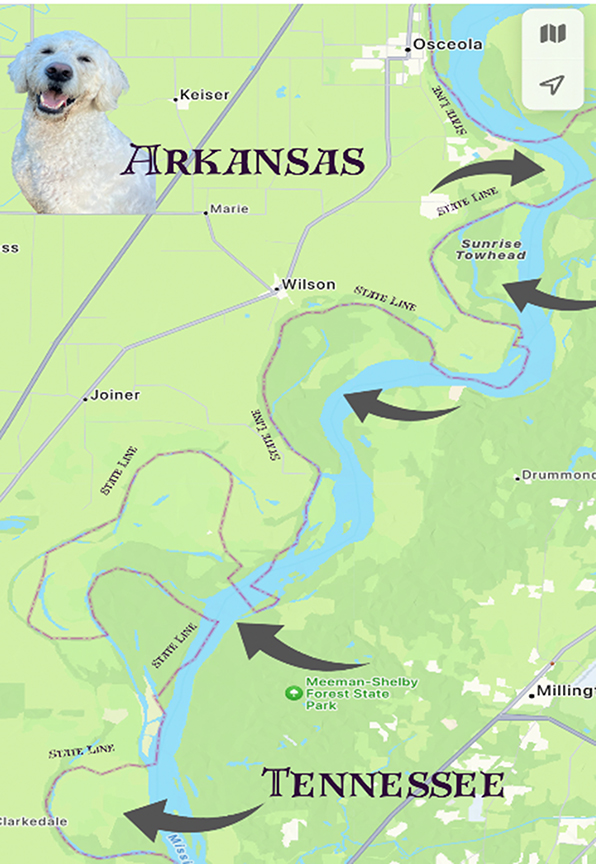By David Peel
Tennessee Law now has two distinct categories of standards when it comes to dog bites or attacks:
1) For attacks that happen on the dog’s owner’s property or a place the pet should be: the claimant is required to establish that the dog’s owner “knew or should have known” of the dog’s dangerous propensities.
2) The owner of a dog has a duty to keep that dog under reasonable control at all times, and to keep that dog from running at large, so for attacks that occur in public places or another person’s yard due to breach of that duty, is “strictly liable.” T.C.A. §44-8-413
This was a change in long-standing Tennessee law made by the Dianna Acklen Act of 2007. It did away with the “first-bite” rule. Under the old law, a dog owner was not responsible for a dog attack, if the victim could not prove that the dog had bitten or been vicious towards anyone previously. In essence, the dog got it’s “first bite free.” Truly though, it was really its’ first vicious act, even if it did not actually result in a bite.
This 2007 change in the law came about as a result of a very sad event. In May 2006, a librarian, Dianna “Bobbie” Acklen, age 60, was taking her regular walk around her rural neighborhood. Acklen’s mauled body was later found by passers-by, who could not stop her bleeding. Literally hundreds of puncture wounds covered her body from her shoulders down. She died from the mauling. The owner of the dogs was not charged with a crime. The owner of the dogs that attacked her was sued, but won his case.
The new law enacted in her honor applies simple “strict liability.” This simply means that if a dog that leaves its yard and attacks you on the street or in your yard, the owner is liable.
But what if they are an uninsured renter? How do you collect if they have no renter’s insurance?
Successfully including the landlord as liable in the case of dog owner who is renting from them will likely turn on if one can show they knew the dog was dangerous and could have had the dog removed. If they should have known, but did not know specifically, it is a duty issue. Willful ignorance is certainly not a favored defense. Especially when leases often call for the right to inspect the premises. Notice could be imputed as the landlord or their maintenance people maybe in and out to repair premises. Rent may have been collected in person as well. At these visits, if evidence of a dog is present–even if the dog itself is not visible–it certainly would place the landlord on notice of its presence. If it is a pit bull or other dog the landlord may deem a vicious breed in its own pet polices, it would seem hard to deny notice of a vicious dog.
In short, being a responsible dog owner, or an attentive landlord, can prevent tragic attacks from ever occurring at all. If not, and your dog attacks my client, do not be surprised if you get a letter from Peel Law Firm.
Peel seeks justice for those injured in truck, motorcycle, and car crashes. He often addresses churches, clubs and groups without charge. Peel may be reached through PeelLawFirm.com wherein other articles may be accessed.
Tennessee Dog Bite Laws
- by Thomas Sellers
- February 7th, 2020
Share on facebook
Share on twitter
Share on email
Editor's Pick
© Copyright 2024







